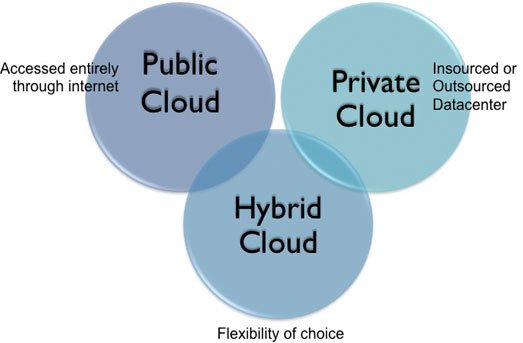United States-based Cloud Engineer, Oluwafemi Okunlola, has advised organisations and IT stakeholders to adopt stronger cloud security frameworks, particularly Zero Trust models, to better protect sensitive data in today’s evolving digital landscape.
In a statement made available to
The PUNCH
, Okunlola warned that the rapid shift towards cloud computing infrastructure demands more rigorous security protocols capable of withstanding modern cyber threats.
“Organisations must understand both the technical and compliance-related implications of adopting Zero Trust architectures,” he said. “While the framework offers enhanced protection, it also introduces challenges in terms of resource allocation, policy enforcement, and regulatory alignment.”
He explained that traditional perimeter-based security systems have become inadequate in securing dynamic cloud environments, where data, applications, and users are increasingly dispersed.
“As cloud computing has become a cornerstone of modern IT infrastructure, the need for secure, scalable models has intensified,” Okunlola said. “The Zero Trust paradigm operates on the principle that no user or device whether internal or external should be automatically trusted.”
He added that Zero Trust, which emphasises identity management, continuous monitoring, and strict access control, has gained traction as organisations migrate critical operations to the cloud.
According to Okunlola, sectors such as healthcare and finance, which operate under strict regulatory oversight, stand to benefit significantly from Zero Trust’s granular access controls and least-privilege policies.
These measures help ensure that only authorised users can access specific data or systems, thereby limiting the risk of internal breaches and improving compliance with laws such as the General Data Protection Regulation and the Health Insurance Portability and Accountability Act.
“In highly regulated environments, Zero Trust ensures users are granted access strictly based on role and necessity,” he said. “This significantly reduces unauthorised access and supports compliance goals.”
However, Okunlola cautioned that implementing Zero Trust in sensitive sectors comes with practical challenges. He cited healthcare as an example, noting that continuous monitoring and authentication requirements could interfere with real-time access to medical records, particularly in emergency situations.
“Healthcare organisations must strike a balance,” he said. “They need to comply with data protection laws while ensuring that Zero Trust protocols do not hinder timely access to patient data.”
He argued that while the shift to the cloud offers growth opportunities for organisations, it also places greater responsibility on IT leaders to adopt adaptable, robust security frameworks.
“As organisations continue to embrace cloud infrastructure, a well-implemented Zero Trust model can be a catalyst for secure innovation and operational resilience,” Okunlola added.
Provided by SyndiGate Media Inc. (
Syndigate.info
).







